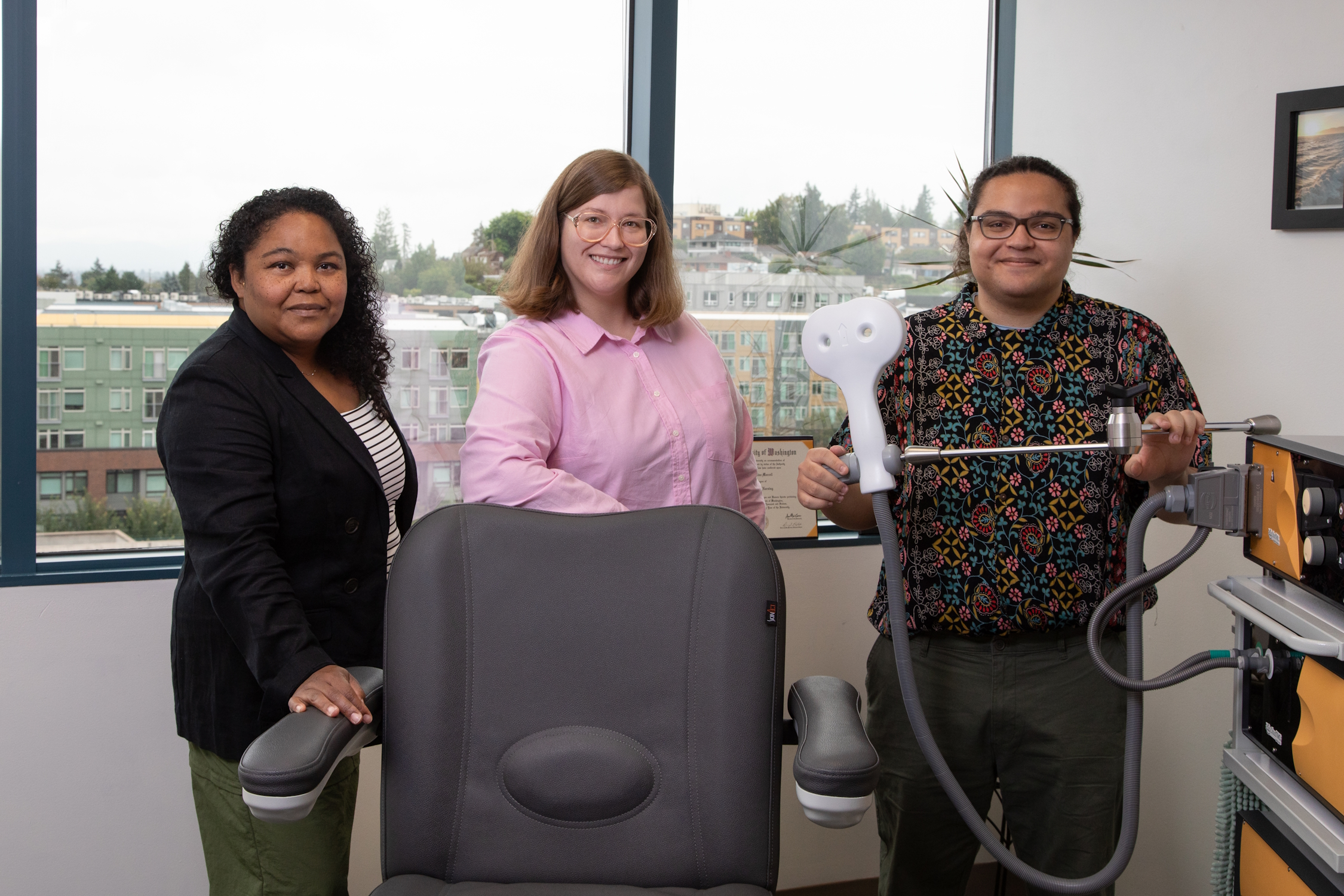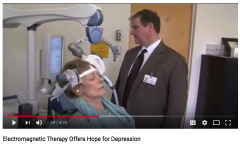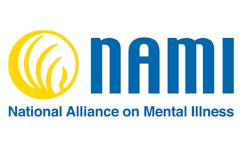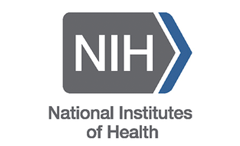in the news

West Seattle is excited about the TMS services offered by Transformational Psychiatry NW.
Word is spreading about TPNW located in West Seattle. With so few practitioners in Seattle offering excellent TMS treatment, West Seattle feels lucky to have this team helping patients with depression, anxiety and many other mental-health problems. Read our article and many other current news articles at the bottom of this page for more information on TMS.
TMS FAQs
How soon will I start feeling the effects of TMS?
Most patients start experiencing relief after 5-10 sessions but this can vary greatly depending on the severity of Depression and the individual’s unique genetic makeup. Some may not feel the effects of TMS until as many as 40 sessions while some may feel the effect almost immediately after their first.
Is TMS painful?
Painful no. Uncomfortable? It depends on the individual. In the great majority of patients TMS is well tolerated with only minor discomfort on the scalp where TMS is applied. Most people describe TMS as a light to moderate tapping sensation where the coil is being applied. The sensation of the pulse may feel similar to a TENS unit.
What are the most common side effects?
The most commonly reported side effects during clinical trials were headache and scalp discomfort. These potential side effects were typically mild to moderate, and were less common after the first week of treatment. During clinical trials, less than 5% of patients treated with TMS discontinued treatment due to side effects. If necessary, headaches from TMS can be treated with over-the-counter pain medications. If the side effects persist, the strength of the TMS pulses can be temporarily reduced to ensure the comfort of the patient.
Will I be able to drive home?
Yes, patients are able to resume normal activities after the treatment.
WHO SUFFERS?
Milion people globally suffer from depression
Million people in the US suffer from depression
Suicides per day in the United States
“My wife and friends have all commented how much happier I seem doing TMS.”
– Wendy
How does tms work?
Resources
One Patient's Perspective
UCLA Health Published 6/9/10
Although several therapies exist for people with severe clinical depression, including medication, psychotherapy and electroconvulsive therapy, they don’t all work for everyone.
Brain Stimulation Therapies
When treatments such as medication and therapy aren’t able to relieve the symptoms of depression or another mental health condition, there are other options available.
Read Article
Clinical TMS Society
The Clinical TMS Society is an international medical society dedicated to optimizing clinical practice, supporting research, and increasing access to high quality, evidence-based Transcranial Magnetic Stimulation.
Visit clinicaltmssociety.org

3000 Pulses Later by Martha Rhodes
Transcranial Magnetic Stimulation has played a miraculous role in saving my life and the lives of over 12,000 people suffering with Major Depressive Disorder. To order or learn more about this book, go to 3000pulseslater.com
ETC, TMS and Other Brain Stimulation Therapies
Brain stimulation therapies can play a role in treating certain mental disorders. Brain stimulation therapies involve activating or inhibiting the brain directly with electricity.
Read Article
NIH: Depression
Depression (also known as major depression, major depressive disorder, or clinical depression) is a common but serious mood disorder. It causes severe symptoms that affect how a person feels, thinks, and handles daily activities.
NIH: Anxiety
Generalized anxiety disorder (GAD) usually involves a persistent feeling of anxiety or dread, which can interfere with daily life. It is not the same as occasionally worrying about things or experiencing anxiety due to stressful life events. People living with GAD experience frequent anxiety for months, if not years.
Insurance
Many insurance companies provide benefits for TMS therapy. Here are our accepted insurance plans:
- Aetna | Aetna Coventry
- Anthem
- Blue Cross
- Blue Shield
- BlueCross and BlueShield
- Cigna
- First Choice Health | FCH
- HSA/FSA
- Healthcare Management Administrators
- Kaiser PPO/HMO
- LifeWise
- Optum
- Premera
- Providence
- RGA
- Regence
- Regence Medicare Advantage
- Self Pay
- Uniform | UMP
- UnitedHealthcare UHC | UBH
- Out of Network
- WA Health Exchange plans:
- Kaiser Permanente Core
- Lifewise Individual
- Premera Individual, HMO
- Regence Individual
- United Healthcare WA Chapter EPO
TMS and the Media
Transcranial Magnetic Stimulation (TMS) is featured in a number of publications:
- NPR – An experimental depression treatment uses electric currents to bring relief
- CBS News – SAINT: Hope for New Treatment
- KOMO News: ‘Nothing short of a miracle’: Depression treatment has success when medication doesn’t
- Newsweek: Mood-boosting magnets might help treat depression
- Everyday Health: TMS, a Drug-Free Therapy for Depression
- Scientific American: Magnetic Stimulation May Halt Rumination in Depression
- US News Health: TMS: What Is It and Who Needs It?
- Forbes: Can Altered States of Consciousness Cure Depression?
- The Chicago Tribune: Magnetic Pulses to Battle Depression
- Health Day: Magnet “Zap” to the Brain Might Jumpstart the Aging Memory
- Psych Congress: TMS Therapy Can Rapidly Reduce Suicidal Thoughts
- TIME: Doctors Treat Depression With Brain Magnets
- Wall Street Journal: New Data Shows TMS Therapy Promising Treatment for Major Depressive Disorder
- West: Deep TMS receives Positive Results For the Treatment of Depression in Elderly Patients
- Local 4: New symptom-free treatment helps depression, reduce military suicides
- Psychiatry Advisor: TMS Effective for Major Depressive Disorder, Generalized Anxiety Disorder
- Everyday Health: TMS offers hope for Treatment-Resistant Depression




